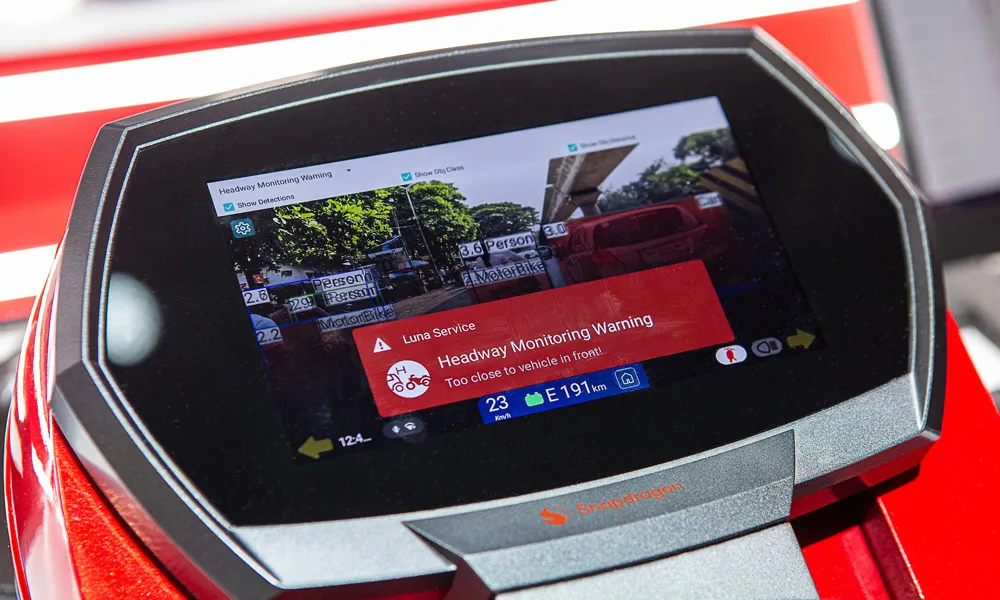The company says fare collection is enabled via a cloud-based system which reduces the cost of running and maintaining IT infrastructure.
Also, the system can be configured to meet specific fare and policy requirements such as entitlements, fare capping and best fare finding.
According to Masabi, the fleet will be equipped with EMV validation devices to improve journey times and provide Bilbobus with data insights.
In September, Masabi joined forces with Swiftly to help North American transit operators attract more riders by offering a solution which combines vehicle tracking, real-time data and ticketing.
Swiftly's TransitTime, which provides riders real-time arrival information, is being integrated with Masabi's Justride ticketing applications.
TransitTime allows users to access real-time information from any journey planner, Masabi adds.
Masabi provides contactless ticketing system for Bilbobus riders
Masabi has added contactless EMV ticketing capabilities to its Justride platform in the city of Bilbao, Spain. The technology will allow commuters travelling on Bilbobus vehicles to pay for fares via contactless bank cards.
The company says fare collection is enabled via a cloud-based system which reduces the cost of running and maintaining IT infrastructure.
Also, the system can be configured to meet specific fare and policy requirements such as entitlements, fare capping and best fare finding.
November 19, 2018
Read time: 2 mins
Related Content












